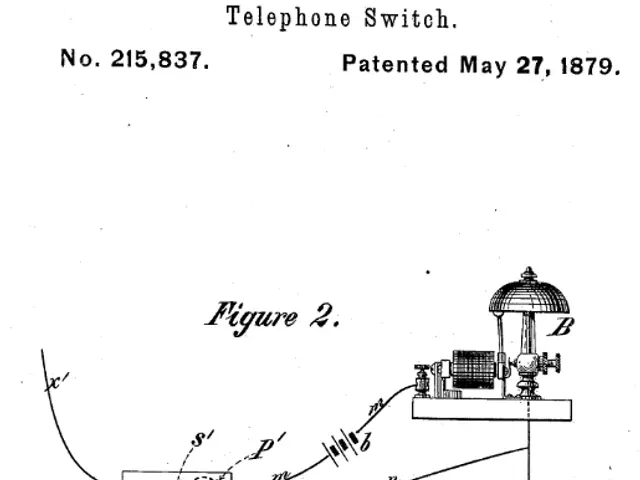Weight Watchers' Bankruptcy: Faced with the Rise of Anti-Obesity Medications
Diet titan Weight Watchers succumbs to competition: Ozempic proves fatal blow to weight-loss empire
Weight Watchers, once a powerhouse in weight loss programs, found itself filing for bankruptcy on May 6th. The iconic diet company is now seeking protection under Chapter 11 to restructure its approximately $1.5 billion debt and make a comeback. The main culprit? Anti-obesity medications like Ozempic.
Homegrown in 1963, Weight Watchers specialized in dieting, but during tough times, sought to incorporate medications as a complement to its traditional business model. However, this move wasn't quick enough to counterbalance the drop in subscriptions to their basic programs, reports our source.
The rise of free fitness apps and influencers' weight loss advice clawed away market share once held by Weight Watchers. New anti-obesity medications, such as Ozempic, not only shifted consumer preferences but also prompted a change in health habits, making traditional weight loss methods seem less appealing.
Be aware: Counterfeit Ozempic medications have flooded the black market due to their popularity.
The company, now known as WW International, hopes that this bankruptcy filing will improve its financial position, open more investment avenues for its growth strategies, and better serve its global members. Weight Watchers' stock on the New York Stock Exchange plummeted below the dollar mark, compared to its peak in 2018 when it traded over a hundred dollars.
Struggling to adapt and compete with these pharmaceutical solutions, Weight Watchers attempted to stay afloat by expanding its offerings to telehealth services and acquiring the Sequence telehealth platform. Unfortunately, despite their best efforts, the competition was too steep.
Watch out for the escalating rivalry in the world of weight loss between traditional programs and anti-obesity medications. Only time will tell who will emerge victorious.
- The bankruptcy filing by Weight Watchers, formerly known as WW International, seeks to strengthen its financial position due to the challenge posed by anti-obesity medications like Ozempic.
- The surge in popularity of medications such as Ozempic has shifted consumer preferences, prompting a change in health habits and making traditional weight loss methods like those offered by Weight Watchers less appealing.
- Counterfeit Ozempic medications have flooded the black market as a result of its popularity, posing a risk to consumers.
- As the rise of free fitness apps and influencers' weight loss advice eat away at Weight Watchers' market share, the company has pivoted to telehealth services and acquisitions to stay competitive in the health-and-wellness and weight-management sector.
- Medicare and finance industries should watch as the battle over weight loss solutions intensifies between traditional programs like Weight Watchers and anti-obesity medications like Ozempic.
- To survive in this market, it appears that Weight Watchers must adapt and find innovative ways to differentiate itself from the pharmaceutical solutions that are dominating the weight loss industry.








